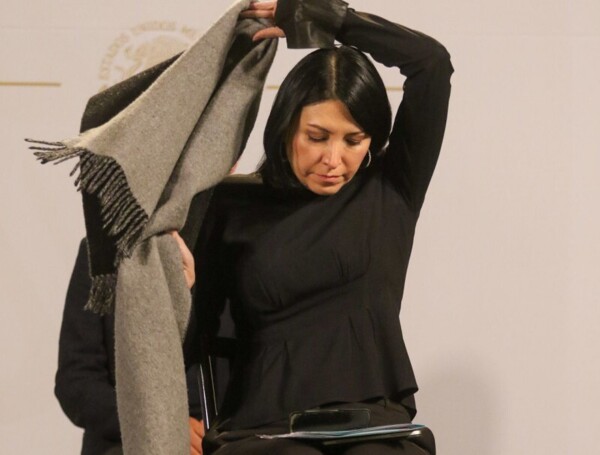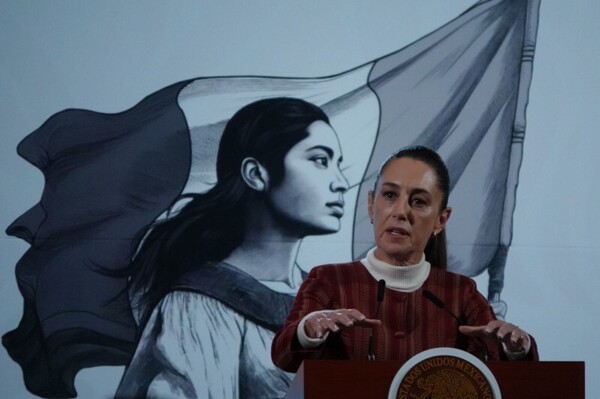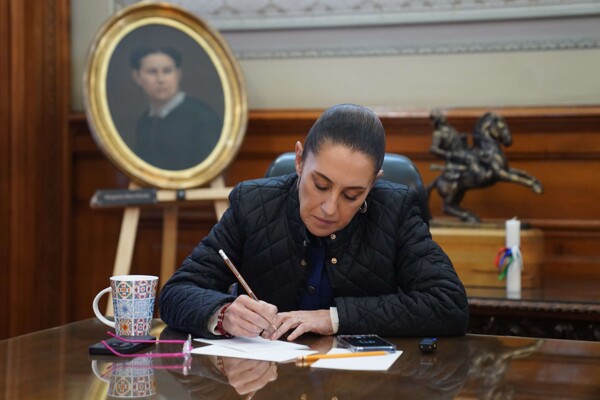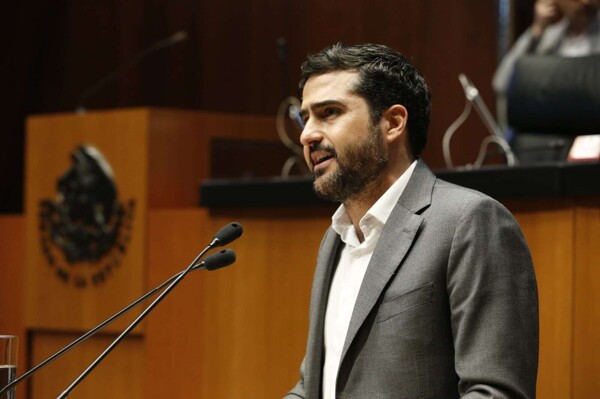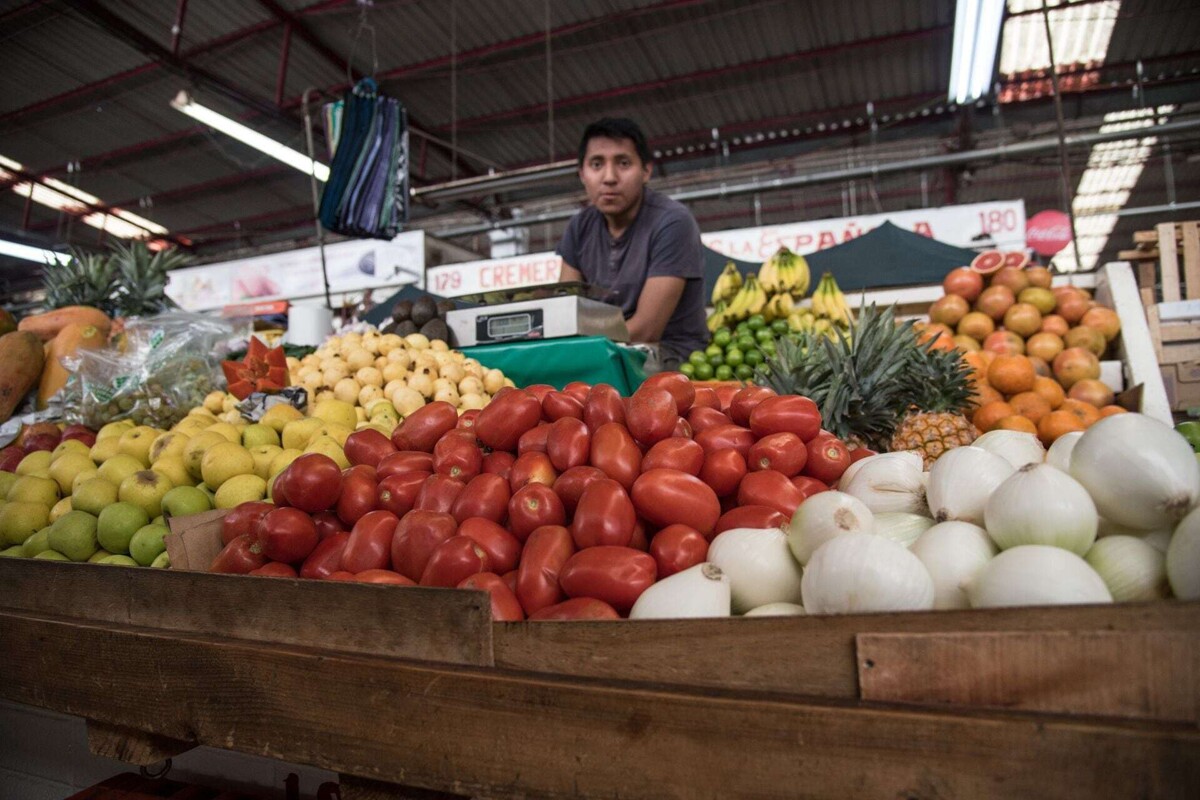
The economy in Mexico has shown recent improvements; however, according to Andrés Abadía, chief economist for LATAM at Pantheon Macroeconomics, the risks remain skewed to the upside. The Bank of Mexico aims to maintain an annual inflation rate of the National Consumer Price Index (INPC) at 3 percent.
In January, overall inflation increased by 0.29 percent compared to the previous month, the lowest figure for that month since 2019. Core inflation rose by 0.41 percent, similar to the same period last year, while non-core inflation decreased by 0.14 percent, marking its first drop since 2019.
Within core inflation, services registered an annual rate of 4.69 percent, significantly lower than 4.93 percent from the previous year. On the other hand, in non-core inflation, agricultural products helped moderate prices with an annual rate of 0.56 percent, the lowest since 2019, especially fruits and vegetables that experienced negative inflation of 7.73 percent.
On the other hand, commodities increased by 2.74 percent annually, and energy prices, along with government-authorized tariffs, surged to 5.33 percent annually. Overall inflation in Mexico showed a significant decrease in January, standing at 3.59 percent annually, down from 4.21 percent in December, according to INEGI data. This is the lowest index in four years.
The Bank of Mexico decided to cut the interest rate by 50 basis points, placing it at 9.50 percent, one day before this data was published. 'This is a good inflation report that supports Banxico's moderate stance,' said Abadía. 'The deceleration of domestic demand, restrictive financial conditions, and decent weather are helping to reduce inflation,' he added.











